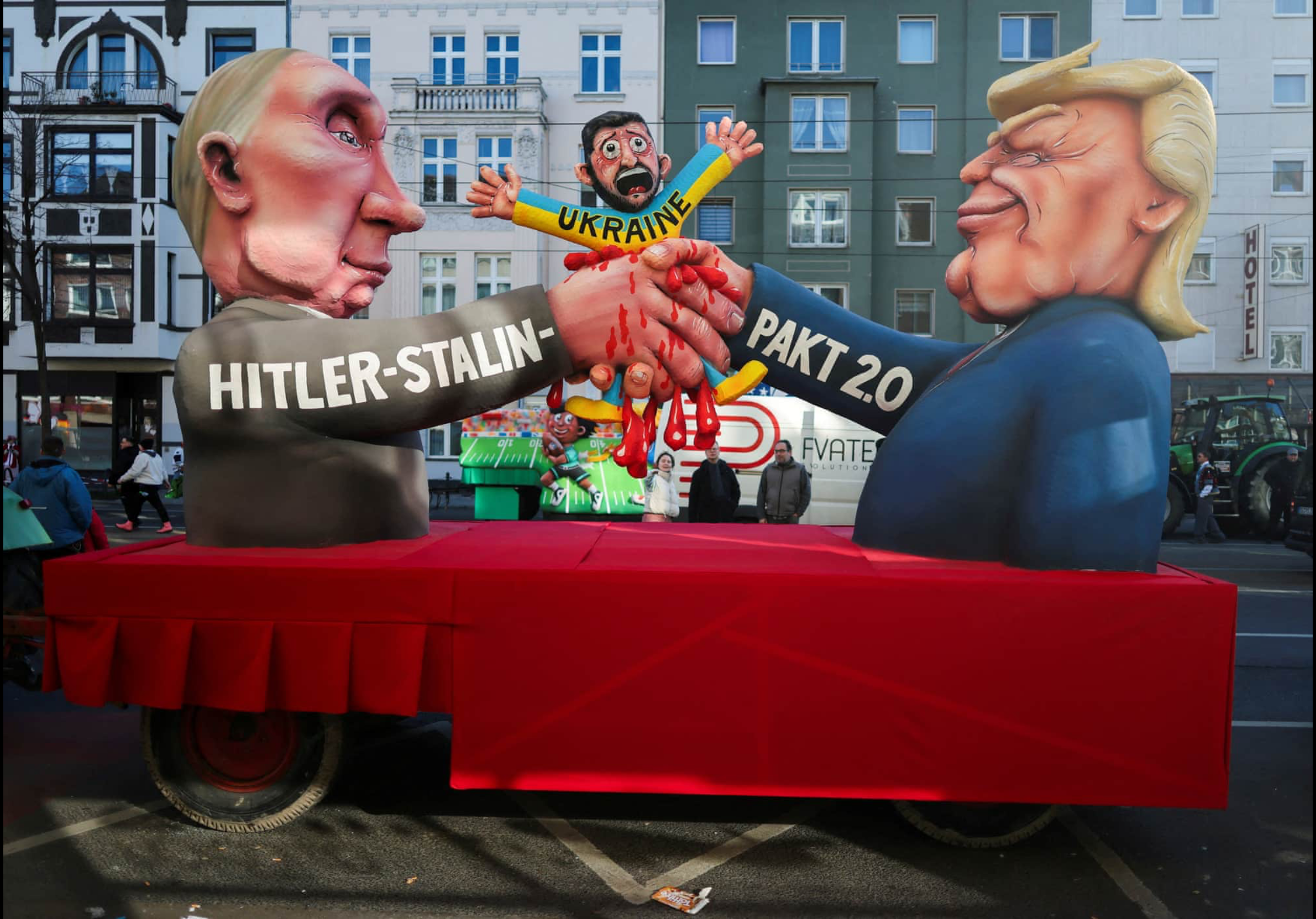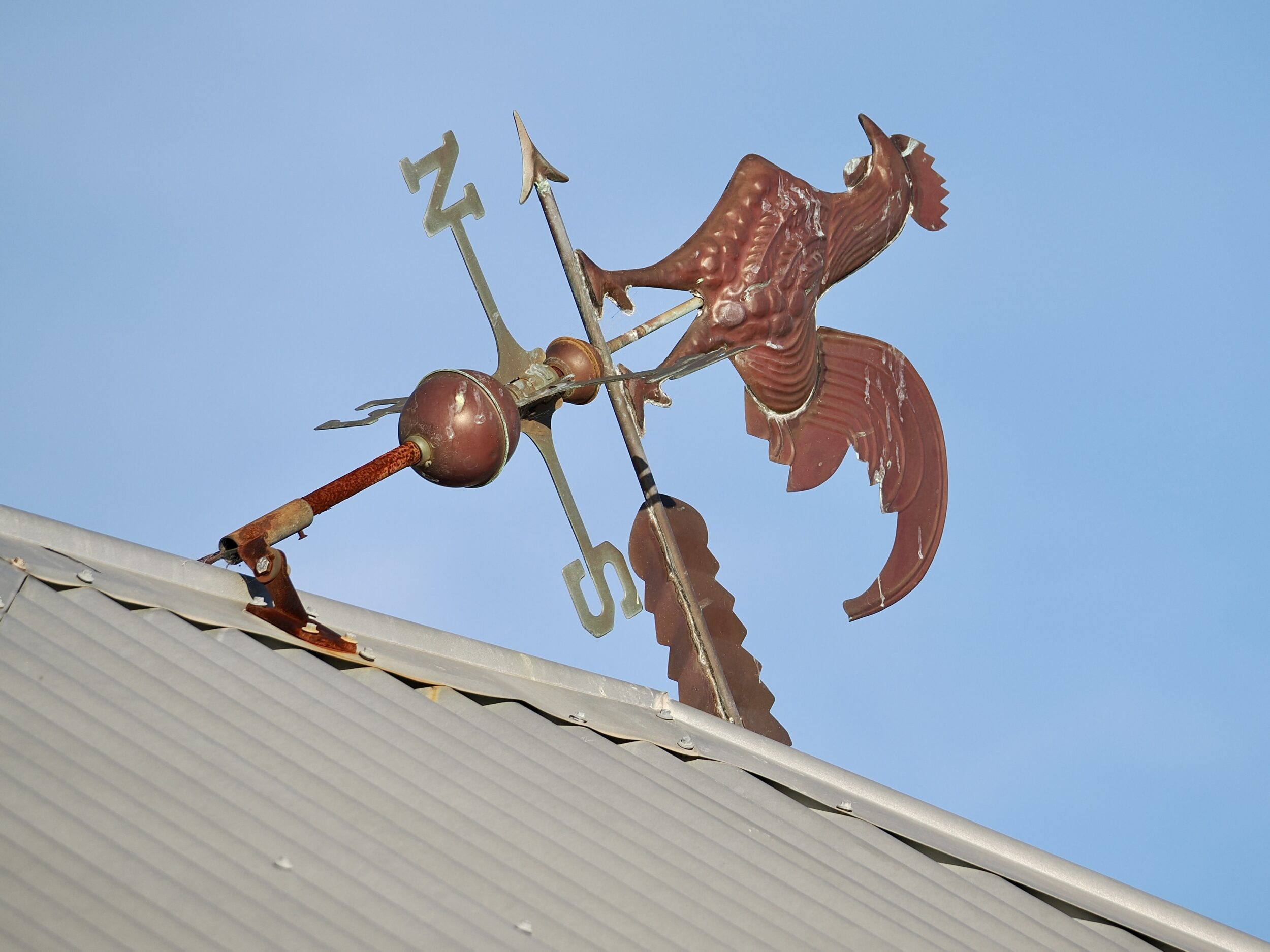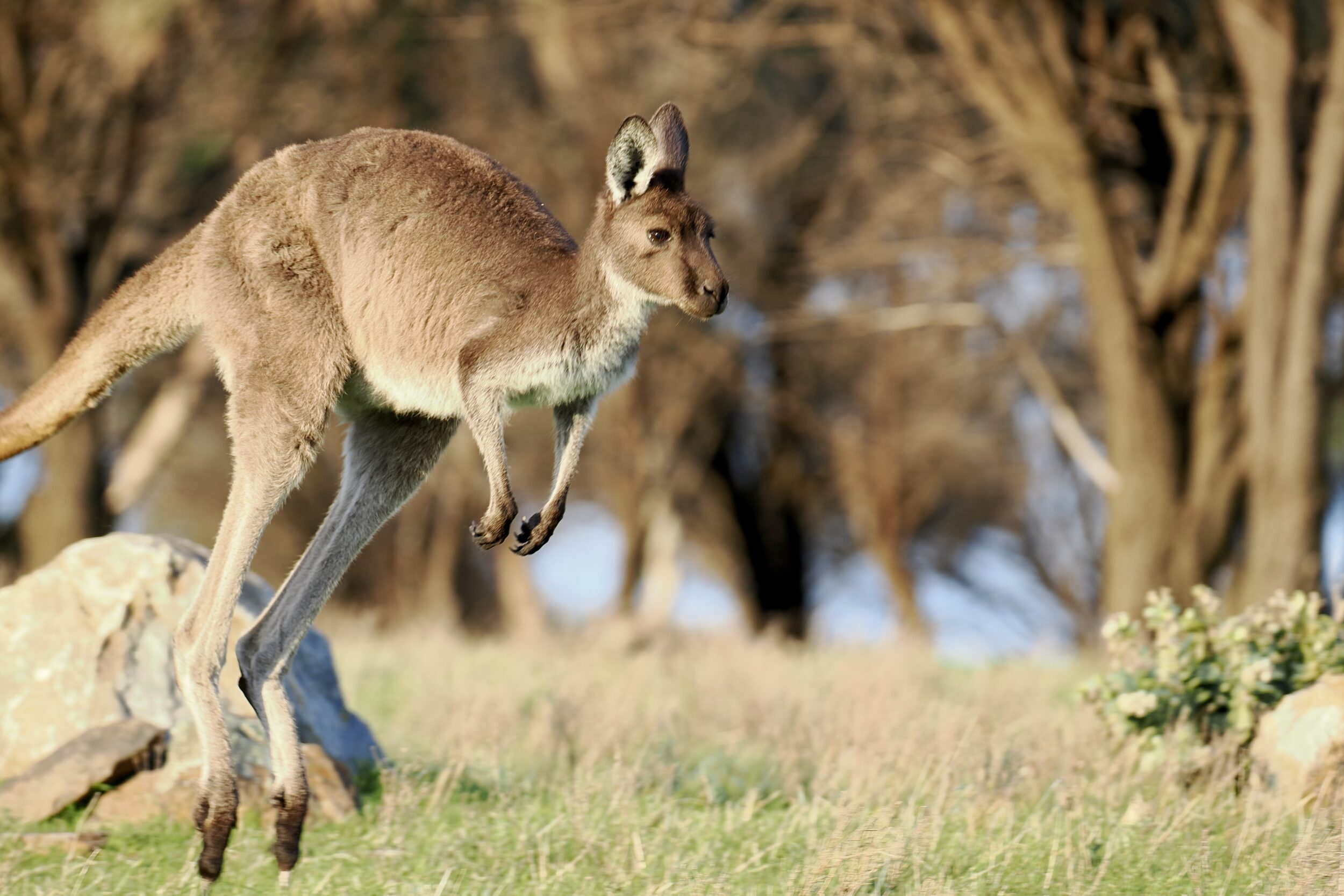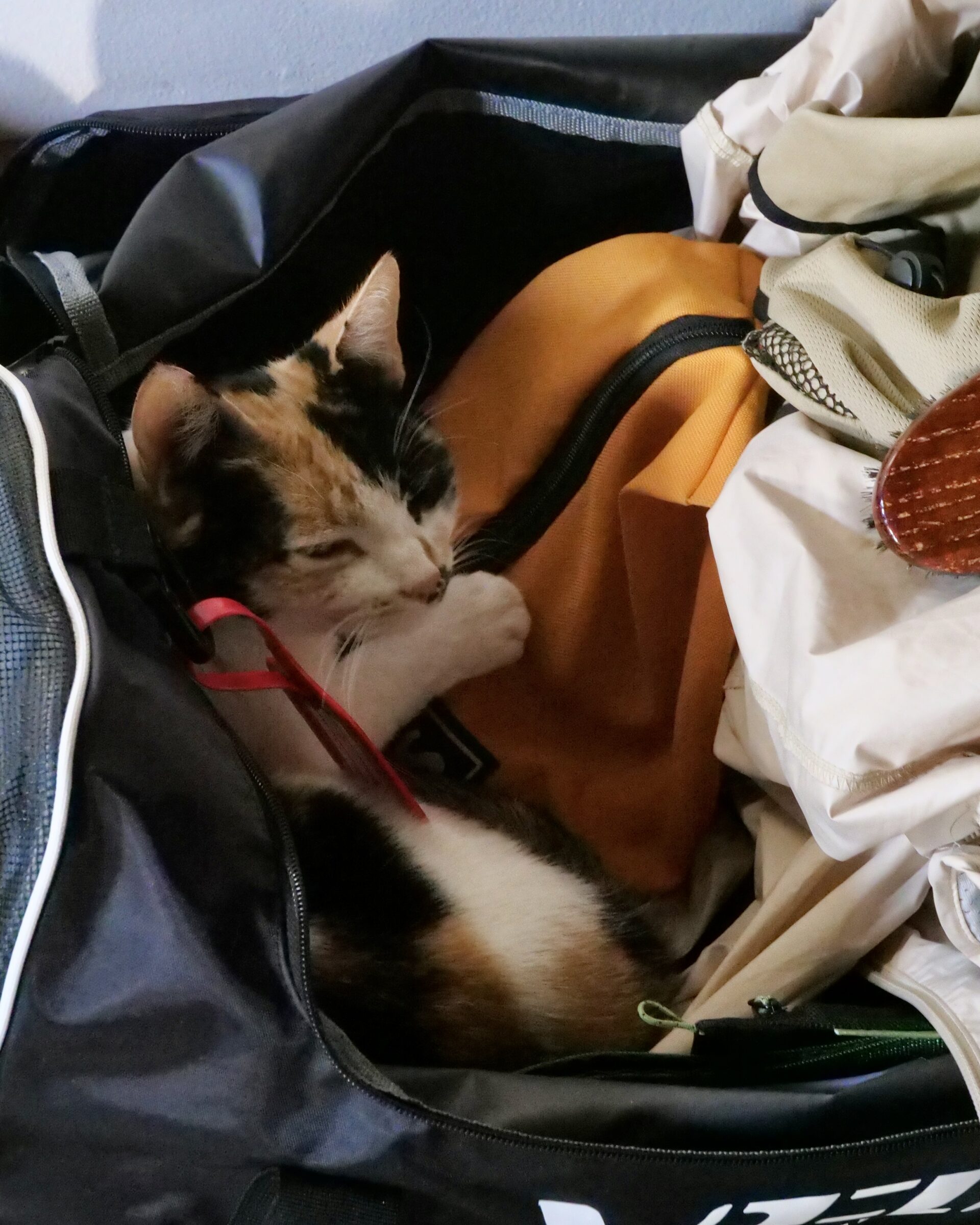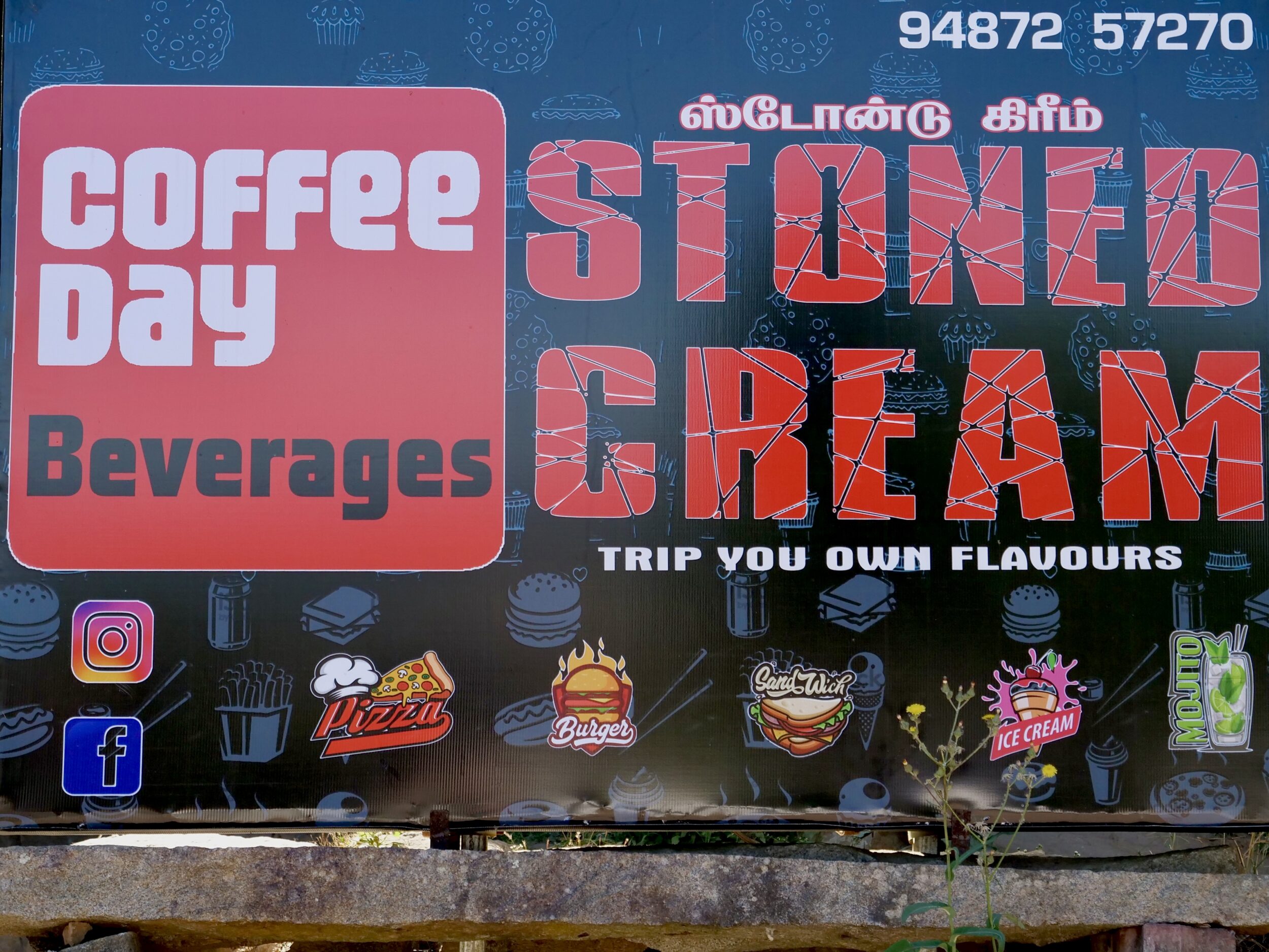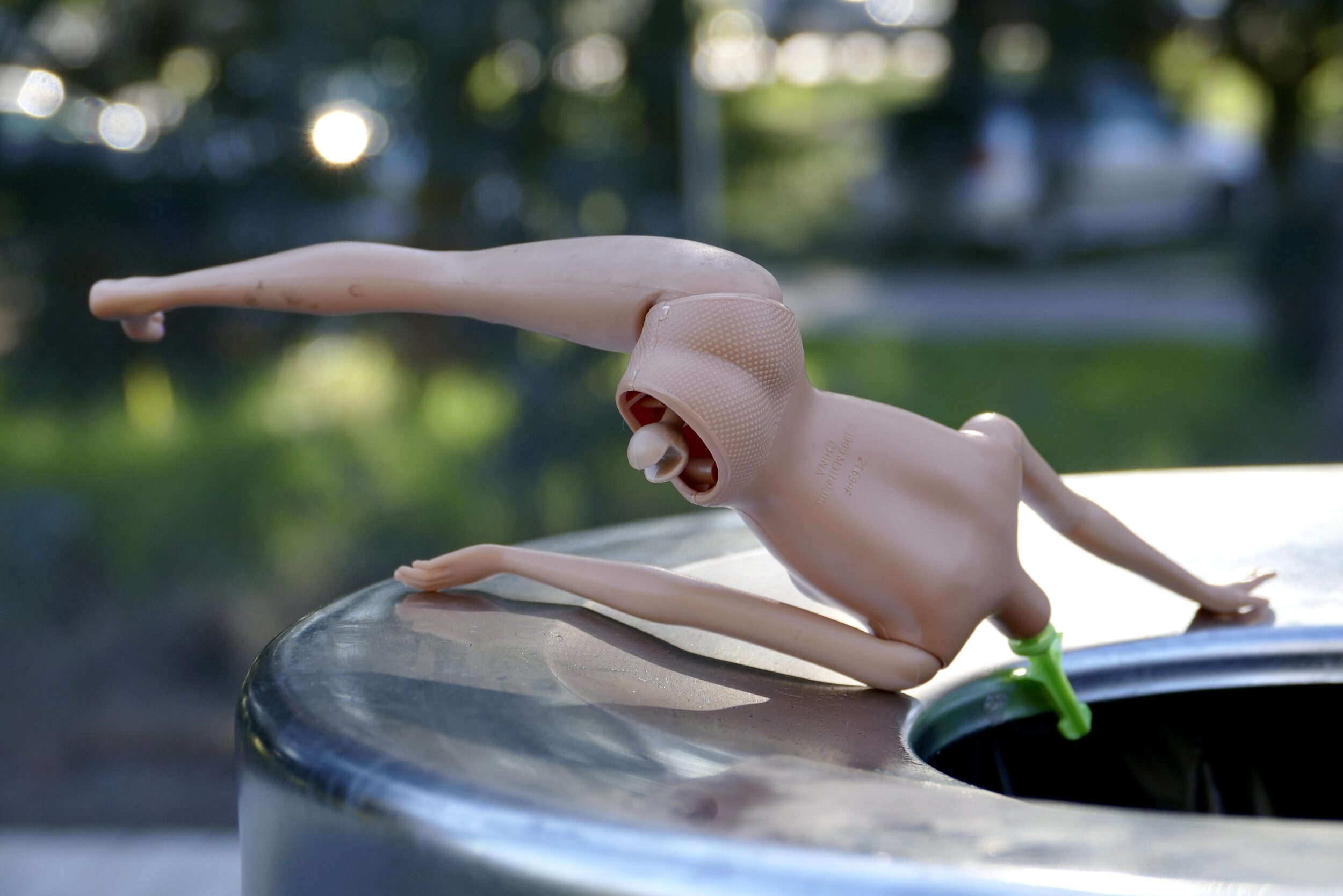A: yes, in the Mafia/ Crime Boss sense of “Don”, according to a seasoned, well-respected observer of US Presidential politics.
—
Behold Donald Corleone, the US president who behaves like a mafia boss – but without the principles. Of course, one hesitates to make the comparison, not least because Donald Trump would like it. And because the Godfather is an archetype of strength and macho glamour while Trump is weak, constantly handing gifts to America’s enemies and getting nothing in return.
—
Leave a Comment
